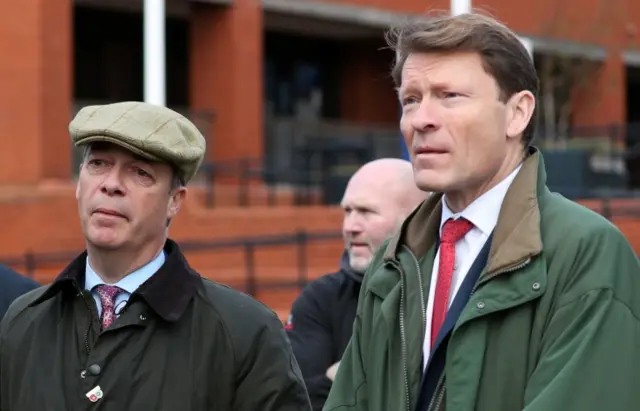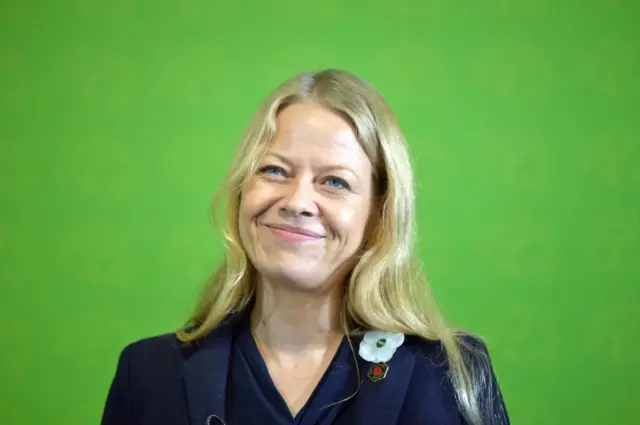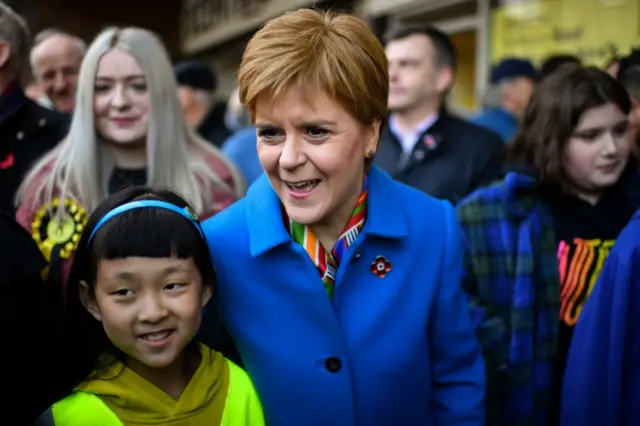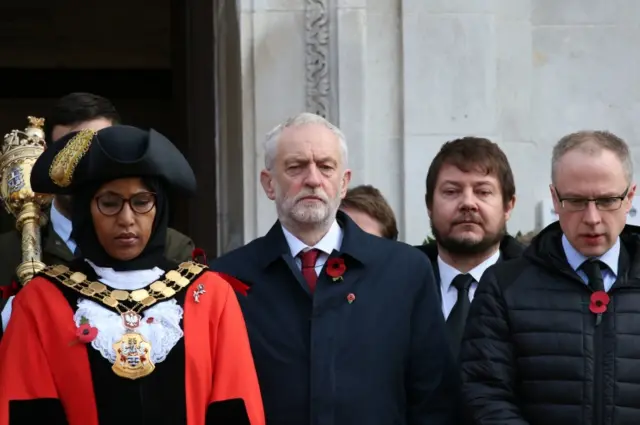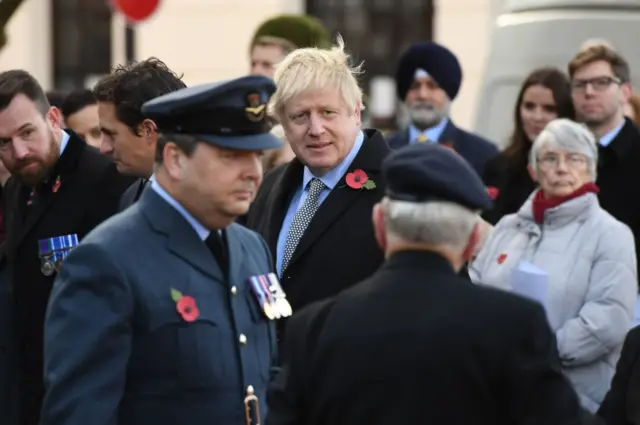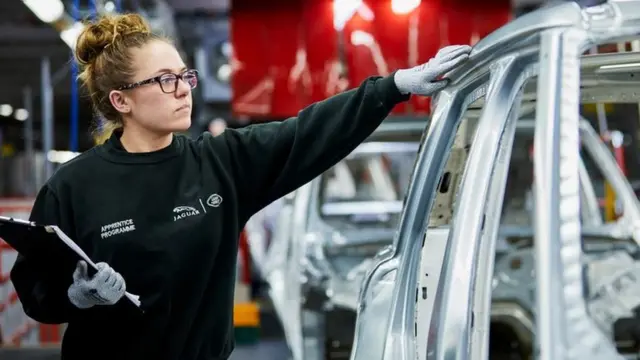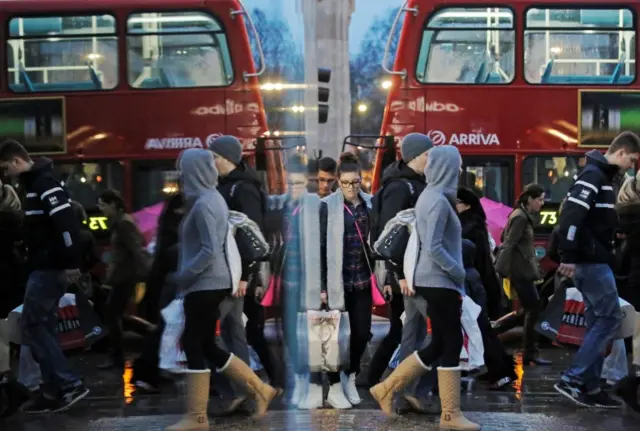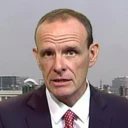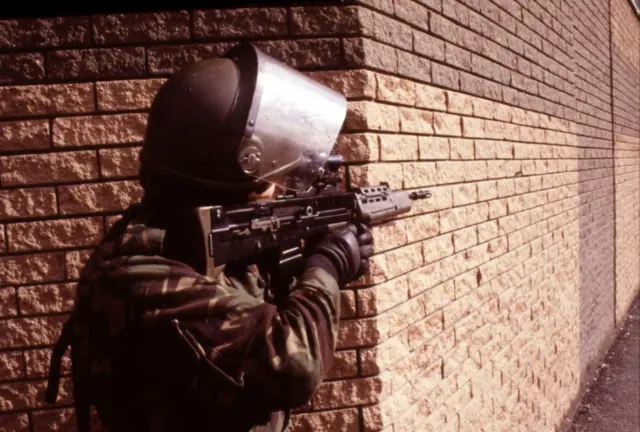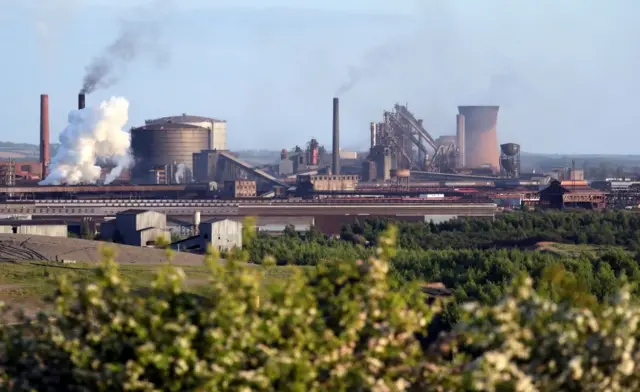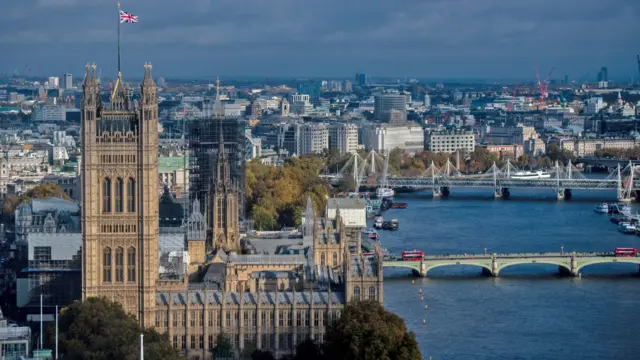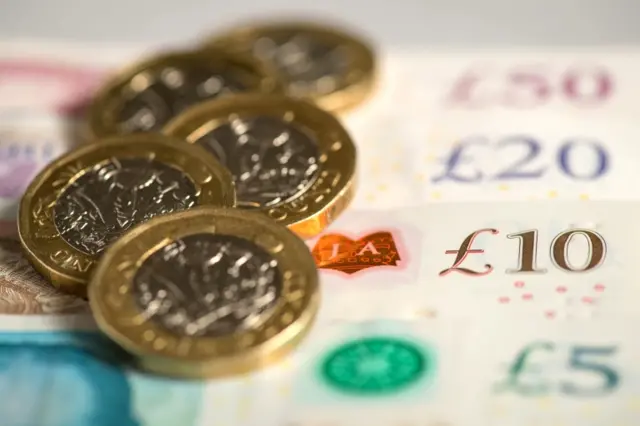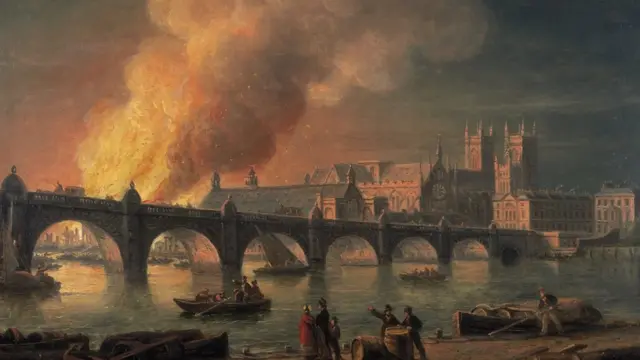Could the Bolivian crisis become an election issue?published at 11:39 GMT 11 November 2019
 Image source, Reuters
Image source, ReutersLate last night, Jeremy Corbyn condemned what he said was a "coup" in Bolivia following the resignation of the country's long-standing leader Evo Morales.
Mr Morales is standing down after 14 years as president after a wave of public protests over his disputed re-election last month.
The Labour leader said Mr Morales' treatment at the hands of the armed forces - who had called on him to quit - was "appalling".
According to the Sun's political editor Tom Newton Dunn a short time ago,, external the Conservatives are likely to try and make political capital out of Mr Corbyn's intervention - given the political circumstances in the country and his history of supporting left-wing leaders in South America.
And, right on cue, Foreign Secretary Dominic Raab has come out and attacked Mr Corbyn's intervention.
Allow X content?
This article contains content provided by X. We ask for your permission before anything is loaded, as they may be using cookies and other technologies. You may want to read X’s cookie policy, external and privacy policy, external before accepting. To view this content choose ‘accept and continue’.
Allow X content?
This article contains content provided by X. We ask for your permission before anything is loaded, as they may be using cookies and other technologies. You may want to read X’s cookie policy, external and privacy policy, external before accepting. To view this content choose ‘accept and continue’.
